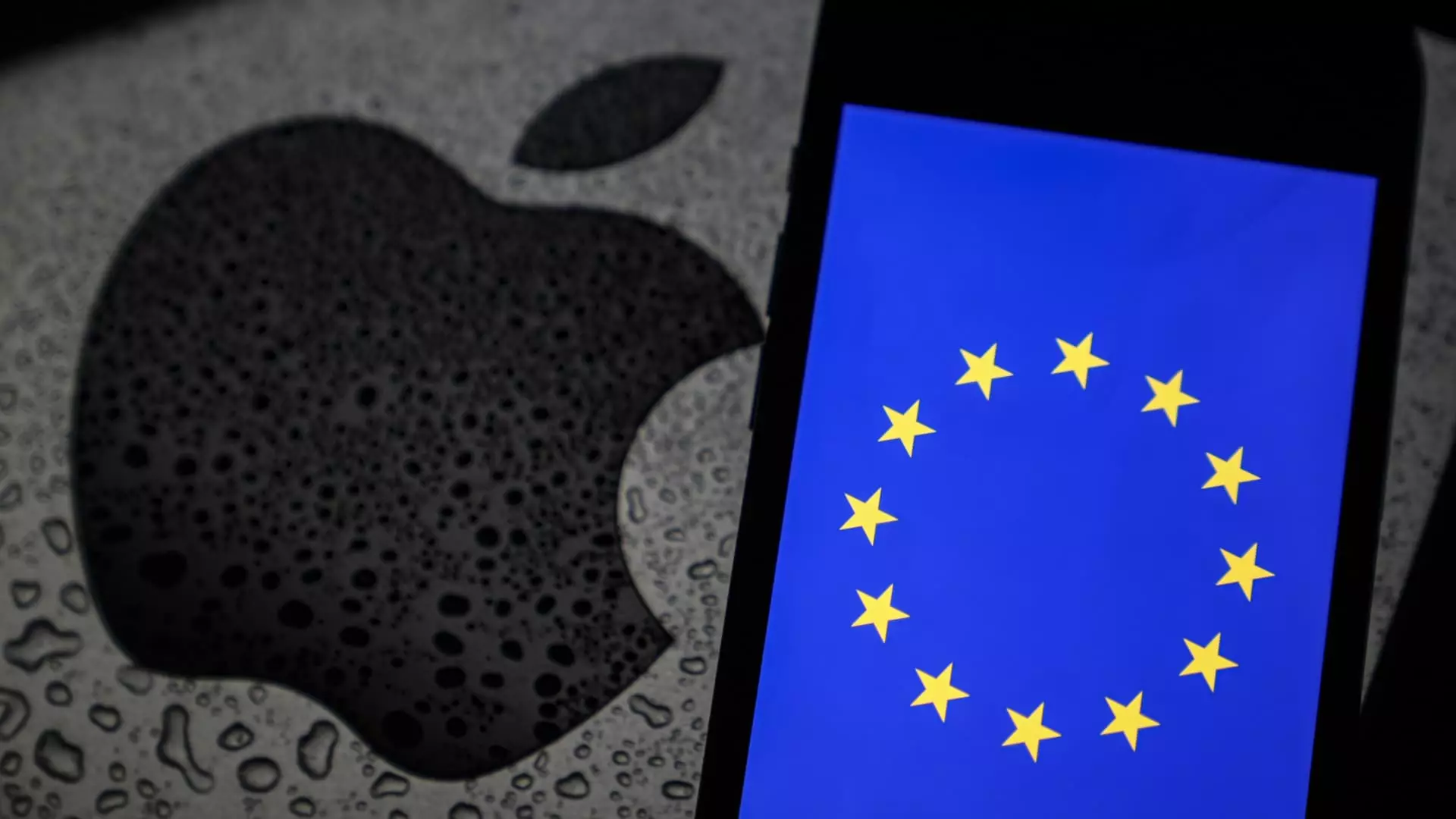After a four-year investigation, EU antitrust regulators have accepted commitments from Apple regarding access to its tap and go payments technology by rivals. The European Commission launched an investigation in 2020 focused on Apple Pay, examining the terms and conditions set by Apple for integrating the service.
Apple has made several commitments to address concerns raised by the EU. This includes allowing third-party developers access to NFC technology without charging them, providing access to key iPhone features to competing payment wallets, and allowing users to set any wallet of their choice as the default option.
The EU has emphasized that these commitments bring significant changes to how Apple operates in Europe, benefiting both competitors and consumers. By no longer using its control over the iPhone ecosystem to keep other mobile wallets out of the market, Apple’s commitments are expected to open up innovation and choice while ensuring secure payments.
Legal Binding and Implementation
The European Commission has market tested Apple’s commitments and found them to address concerns regarding the tech giant’s restrictions on access to its tap and go payments technology. These changes have now been made legally binding on Apple, with a deadline of July 25 set for implementation.
The commitments agreed upon between Apple and the EU are set to remain in effect for ten years. This means that all developers will have the opportunity to offer mobile wallets for iPhones with tap and go technology. It was emphasized that there will be no changes to Apple Pay or the Apple Wallet following the investigation.
Overall, the acceptance of Apple’s commitments by EU antitrust regulators marks a significant milestone in promoting competition and innovation in the mobile payments sector. With a renewed focus on allowing access to technology and fostering choice for consumers, this decision is expected to have a positive impact on the market in the years to come.


Leave a Reply